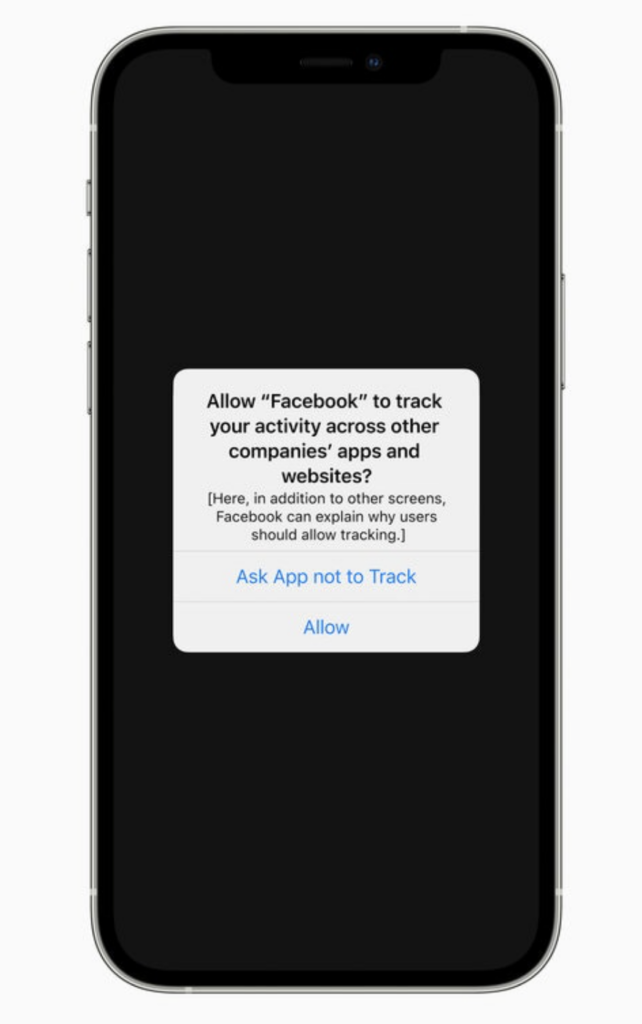
For some time, I’ve been looking for one “source” that curates modern takes on HR Tech, perspectives from the people who build it, and its impact on enterprise — something that’s tailor-made by professionals for decision-makers.
I never found it — so I decided to build it.
Every week, I’ll be sharing fresh insights on tech platforms, design, data, and the future of work — straight to your inbox.
My Thoughts
“Documents companies don’t want you to see” is shaping up to be the theme of Fall 2021. Last week, a memo sent to all Apple employees from CEO Tim Cook was leaked to The Verge. Ironically, the main topic of the memo was Cook expressing frustration and anger over a previously leaked document detailing the company’s return-to-work plans, the aftermath of Epic vs. Apple, and, as Cook claims, new product information. In so many words, he stated that they were aggressively searching for the responsible party and that those who leaked company documents “do not belong at Apple.”
To some extent, I agree – leaks aren’t ideal. But a culture of leaks forms when employees aren’t satisfied with leadership’s choices. Between Apple’s decision not to require vaccines for returning employees and their intent to pursue a functional monopoly on app distribution for their products, there are bound to be naysayers. Apple’s internal workings will always be newsworthy, so I understand Cook’s desire to prevent leaks and discipline those who disclose confidential information. My question is whether that mission is ultimately futile, and whether there might be better ways to prevent or handle the release of information that give Apple control without being overly punitive to employees.
Market Moves
Hexagon Bio, a biopharmaceutical company, raised $61 million in its latest fundraising round, led by Nextech Invest. The San Francisco 🌉 startup is on a mission to cure devastating diseases like cancer using the leading-edge practice of mining microbial genomes for therapeutic compounds. The company intends to put this latest funding towards furthering their preclinical research. 👩⚕️
Meru Health has secured $38 million in a series B funding round for its ventures in the online mental health market. 👩💻 Unlike many similar companies we’ve seen pop up throughout 2021, Meru Health was founded in 2016, positioning themselves as a company that addresses mental health through a holistic lens. Perhaps due in part to its head start, the company saw major growth at the onset of the pandemic, announcing a 700% increase in revenue in 2020. 😮📈
Tech Innovation at Work
Microsoft 🖥️ will be raising the price of Office 365 and Microsoft 365 subscriptions by 20-25% in March of 2022, but you need to start preparing now. In order to offset the price increase, CIO suggests performing an audit of your team’s activity, identifying permission levels and the elements most used by the team. If you know how your team is using the software, you can identify and trim the fat to offset the cost increase. 💰⚖️💰 You’d also be wise to review your current contract in the hopes you have a renewal term price protection, which could help you avoid a price increase for a little bit longer.
The public battle between Apple and Facebook has made the topic of privacy versus accessibility an unavoidable topic. 😒 Since introducing that simple pop-up option, more than 80% of iPhone users have opted out of in-app tracking. Positioning itself as the champion for small businesses, Facebook has been leading the charge against Apple’s new feature, stating that personal data is the currency keeping the internet self-sustaining and an inconsequential price we pay for its use. Fighting alongside Facebook are marketers and data brokers, whose business models are built on tracking user activity. 🍪 While new, anonymous methods for identifying consumer trends are already in the works, the fight over what the internet will look like is far from over. Read the New York Time’s full story here.

The explosion of self-employed workers throughout the pandemic is resulting in a growing market: the software stack. Without the infrastructure of a large and established firm, many entrepreneurial professionals, aka solo firms, are left juggling a menagerie of siloed softwares, each providing a single necessary function like billing, marketing, or operations. It’s a headache 🤕 and it puts solo entrepreneurs at a disadvantage. An integrated software stack could resolve that headache, and it could also provide greater access to capital by aggregating financial data for lenders and investors. As more workers find the courage to strike out on their own, we’ll likely see an entire industry begin to build around these new “solo firms.”
The Changing Workplace
California is the first to enact legislation around worker productivity metrics, aiming specifically at controversial practices within companies like Amazon. The new law requires companies to disclose productivity quotas and work-pace requirements to employees as well as state agencies. It will also prohibit companies from enforcing quotas that encroach on employee health and safety — though it’s not clear who oversees that decision. The law comes after a lengthy series of complaints from Amazon employees, saying that the company’s productivity expectations are physically and emotionally draining, and likely contribute to its above-average injury rate for warehouse workers. 👎🤕 The assemblywoman who penned the bill, Lorena Gonzalez, says that the bill is giving workers “some basic dignity back and empowering them to keep themselves safe.”
Millennials (and particularly millennial women) continue to report soaring rates of imposter syndrome at work. 😰 It goes without saying that self-doubt, hesitancy, or lack of confidence prevents an employee from achieving their potential in the workplace, but it’s possible that labeling it as such may be making the situation worse. Instead, HBR says we should be, “fixing the places where women work instead of fixing women at work.” This includes questioning the culture that contributes to feelings of imposter syndrome. It also includes leaders understanding and commanding the power of words, acknowledging and reducing biases at work, utilizing data, and more tips you can read about here.

All About Data
AI conversation and implementation was aggressively spurred on by the pandemic. In fact, 52% of companies accelerated their AI implementation plans as a result of the COVID-19 pandemic according to recent data consolidated by HBR. Here are some of the highlights:
- 74% of executives anticipate AI will deliver more efficient business processes.
- 54% of executives believe AI will enable the creation of new products and services.
- Only 30% of executives foresee AI having a moderate or major impact on supply chains in the coming year
One of the most popular topics surrounding the implementation of AI was an overwhelming interest in using it to eliminate, and ensuring it does not perpetuate, biases. 😁
Click here to subscribe to Exit Interview, a weekly email about tech platforms, design, data, and the future of work — straight to your inbox.

